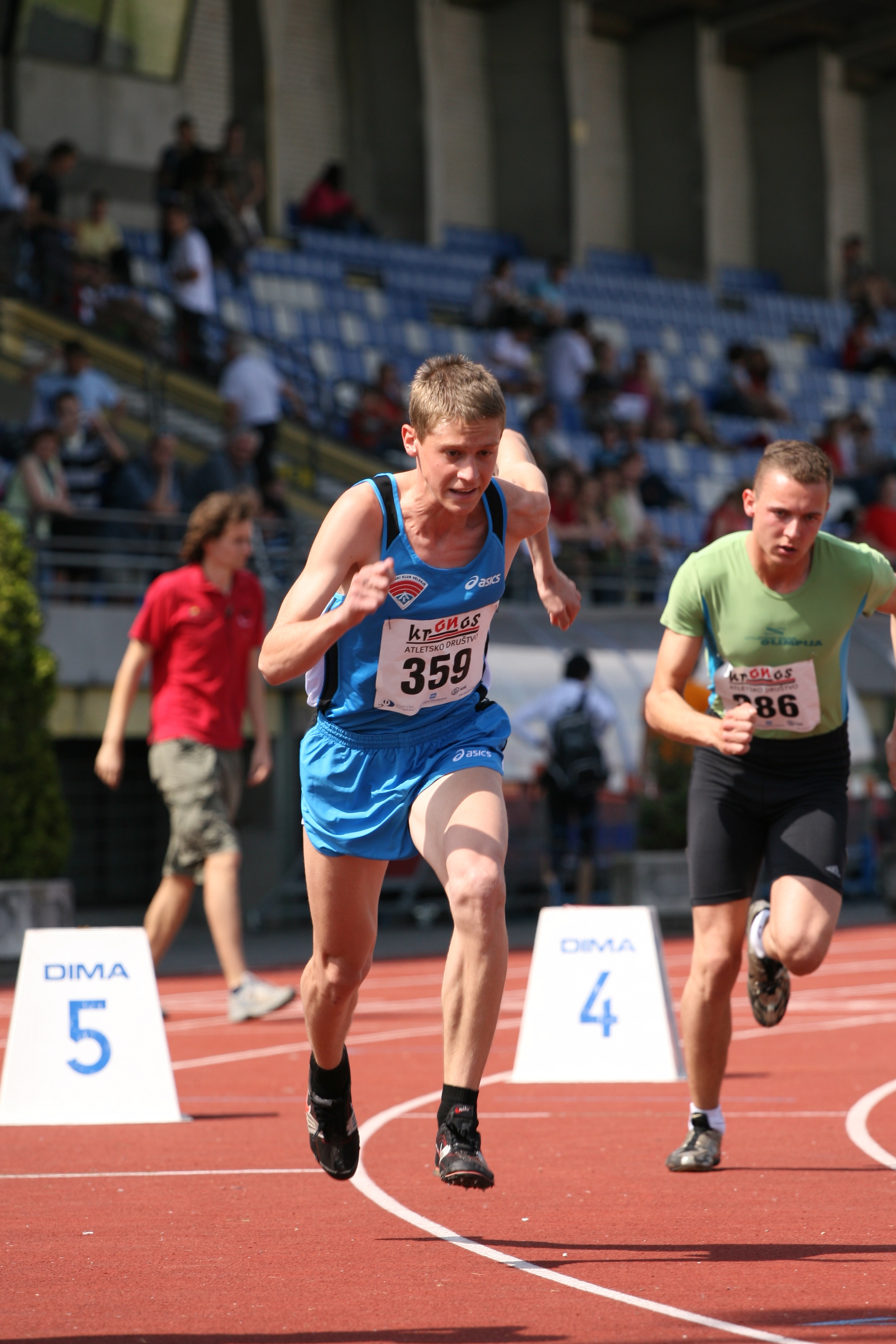Following a casual afternoon jog with my relatives and after their encouragement, I decided to join the local athletics club and start with serious running practice. I was 12 years old then, and this event shaped my next 6 years.
There is no progress in the comfort zone
On the first day of my training my coach told (not asked) me I’m going on a race the next day. I was satisfied with the result and went through a tough reality check, that there are lots of better runners than me. Winter came and younger runners, including me, were transferred to another coach who was responsible for junior athletes. We had practices in a gym, while the older runners were training outside, and more often. I immediately felt this was more of a socialising event for those kids. Come spring, and I talked to old coach asking him to join the old team again. With the next training session I could feel how much I missed out during winter when the others trained more intensively.
Persistence and consistency beat talent
Most of the athletes that were part of the team chose to train because they already possessed some natural talents, like being faster than most of their peers, being taller or more muscular. I was a small, thin and could barely run a couple of kilometers in one go. First six months were really tough, but I was coming closer and closer to my teammates’ shape. Eventually I beat almost all the athletes that started with a big measure of talent, but didn’t keep up with improving their performance through the years that passed.
You are alone in the crucial events
Trainings had always been carried out in team spirit with athletes encouraging and helping each other out. But, when the starting pistol shoots, you are on your own. There will be kicking, elbowing, spitting and stepping on each other while wearing track spikes. Everyone is fighting to get to the finishing line as fast as possible, so you must take care of yourself. Yes, there will be people cheering for you, but nobody is there on the track to assist you.
Our mind is stronger than we think
I’ve run a lot of races, so I can confidently say that mental preparation is equally important as physical condition. It is better to not show up at the race than come to the starting line with a messy mind. Similar applies to training. Having a mental preparation before a hard training sessions is crucial for a successful training. It goes without saying that training will be fruitless without mental preparedness.
Conclusion
These might sound obvious, but when we take some time to reflect on our experiences in our everyday lives, we can achieve the best out of challenges that we tackle. Extract a lesson from every notable event and understand how it helps you become a better person than you were yesterday.
